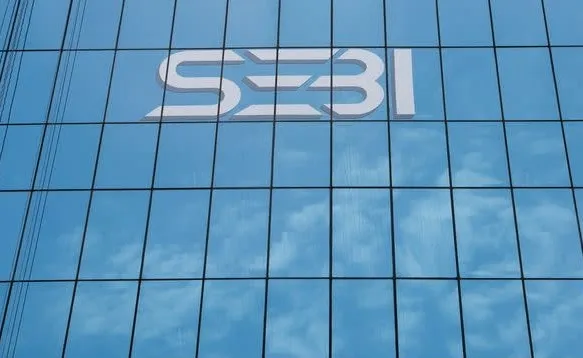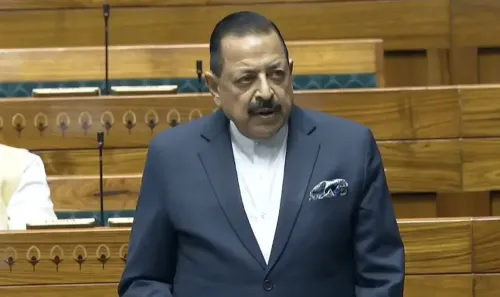Will SEBI Simplify IPO Rules for Major Corporations?

Synopsis
Key Takeaways
- SEBI proposes relaxed IPO rules for large firms.
- Minimum public offer requirements may be reduced.
- Retail quota for significant IPOs to drop to 25%.
- Longer timelines for companies to raise public shareholding.
- Public feedback on proposals is welcomed until September 8.
Mumbai, Aug 18 (NationPress) - The Securities and Exchange Board of India (SEBI) has unveiled a consultation paper aimed at proposing more straightforward regulations for large corporations looking to initiate their Initial Public Offerings (IPOs). The suggestions include easing minimum public offer obligations and extending the timeline for compliance with public shareholding standards.
At present, substantial companies must provide a significant share of their stocks to the public upon listing.
This requirement often leads to excessively large IPOs that the market struggles to accommodate.
SEBI asserts that the proposed guidelines will alleviate the immediate burden on these entities to dilute their ownership while still mandating gradual adherence to public shareholding regulations.
Among the modifications, the market regulator has proposed a decrease in the retail quota for IPOs exceeding Rs 5,000 crore.
Instead of the current 35 percent allocation, only 25 percent of shares would be set aside for retail investors in these considerable offerings.
The regulator emphasized that issuers frequently face challenges in managing massive IPOs, and this adjustment aims to streamline the process.
Under the new framework, companies valued between Rs 50,000 crore and Rs 1 lakh crore must present a minimum public offer of Rs 1,000 crore and at least 8 percent of their post-issue capital.
They are required to elevate their public shareholding to 25 percent within five years.
For entities valued between Rs 1 lakh crore and Rs 5 lakh crore, the minimum public offer will be Rs 6,250 crore and at least 2.75 percent of post-issue capital.
If a company's public shareholding is below 15 percent at the listing time, it must be increased to 15 percent within five years and to 25 percent within a decade.
However, if they already possess 15 percent or more at the listing, they must achieve 25 percent within five years.
This means that major corporations will have the leeway to commence with smaller IPOs and progressively expand public ownership over a longer duration.
SEBI is welcoming public comments on these proposals until September 8.










